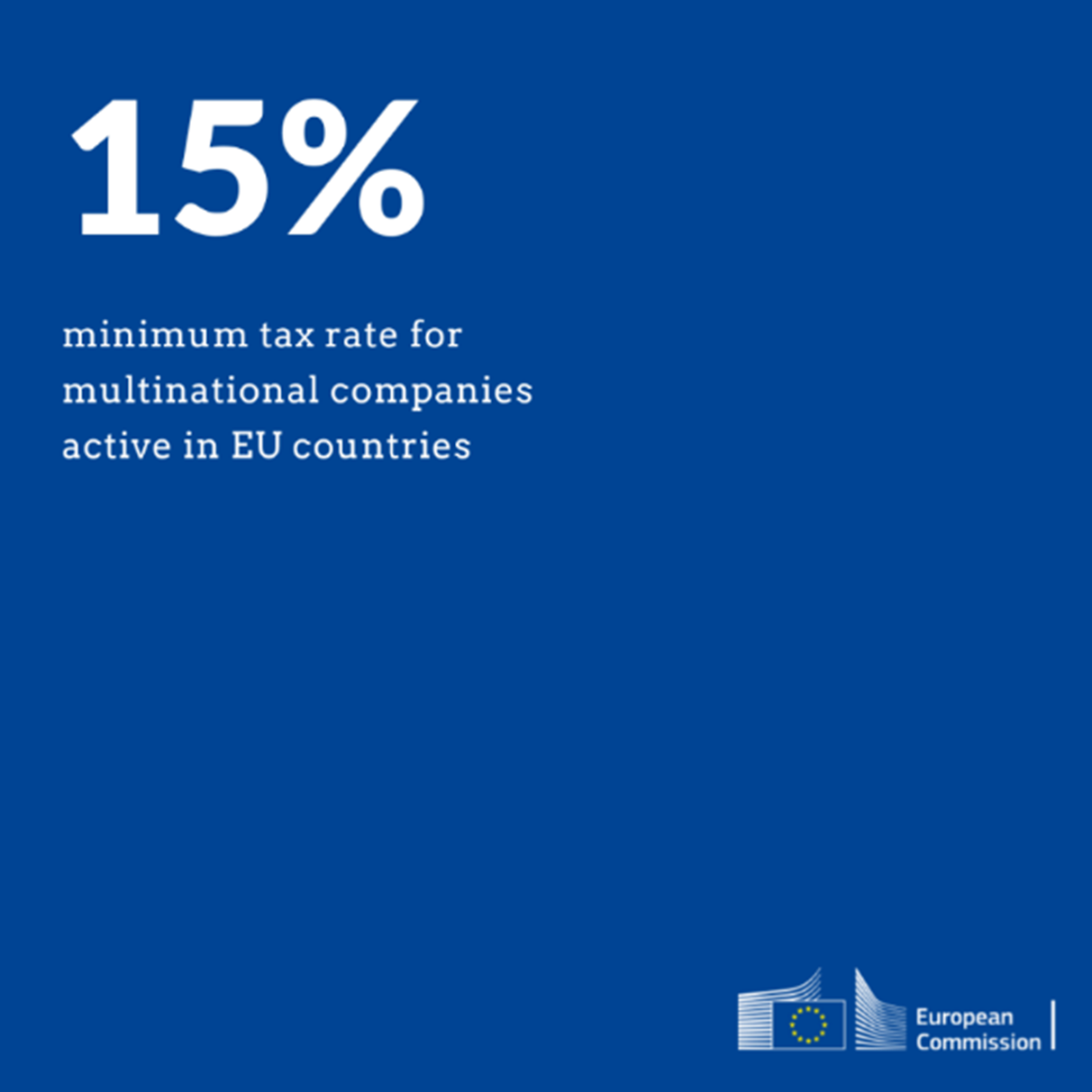In an increasingly globalized economy, multinational companies are constantly navigating complex tax landscapes. The European Union, with its unique blend of member states, presents a particularly intricate environment. In this context, tax treaties play a crucial role in determining how these companies operate and manage their tax obligations. This article delves into the essence of tax treaties within the EU and explores their implications for multinational corporations striving to optimize their financial strategies.
Understanding Tax Treaties in the EU Context
Tax treaties are agreements between two or more countries that aim to prevent double taxation and fiscal evasion. In the EU, these treaties are essential for promoting cross-border trade and investment. They establish clear guidelines on how income generated by multinational companies should be taxed, ensuring that companies are not subjected to tax on the same income in multiple jurisdictions. The treaties generally cover taxes on income and capital, providing a framework for resolving disputes and clarifying ambiguities in tax matters.
The EU itself does not possess the authority to establish tax treaties on behalf of its member states; rather, these countries negotiate bilateral agreements. However, the EU provides a platform for harmonization by promoting principles such as non-discrimination and transparency. The Organization for Economic Cooperation and Development (OECD) Model Tax Convention often serves as a blueprint for these treaties, offering a standardized approach that aligns with international best practices, although variations can occur based on specific bilateral negotiations.
Despite the harmonization efforts, the complexity of tax treaties in the EU is enhanced by the diversity of its member states’ tax systems. Each country has its own tax rates, exemptions, and incentives, which can lead to significant differences in how treaties are implemented. This diversity requires multinational companies to maintain a nuanced understanding of each jurisdiction’s tax laws and how treaties are interpreted, which can be both a challenge and an opportunity for strategic tax planning.
Implications for Multinational Companies
For multinational companies operating in the EU, tax treaties offer both benefits and challenges. On the positive side, these agreements often reduce the tax burden by preventing double taxation, allowing companies to avoid being taxed twice on the same income in different countries. This can lead to significant cost savings and improved cash flow, enabling companies to allocate resources more efficiently across their operations.
Beyond cost savings, tax treaties can enhance a company‘s strategic positioning by providing greater certainty and stability in tax planning. By understanding the intricacies of applicable treaties, companies can make informed decisions regarding investment locations, corporate structuring, and profit repatriation. This foresight helps in minimizing tax liabilities and optimizing operational efficiency, which is crucial in a competitive global market. However, this requires robust legal and financial expertise to navigate the often complex and dynamic treaty landscape.
Nonetheless, tax treaties can also pose challenges. Companies must comply with a multitude of regulations and documentation requirements to benefit from treaty provisions, which can be resource-intensive. Furthermore, the risk of misinterpretation or changes in treaty terms due to policy shifts or renegotiations can lead to unexpected tax liabilities. Multinational companies must, therefore, invest in continuous monitoring and adaptation of their tax strategies to align with evolving treaty landscapes and legislative changes within the EU.
In conclusion, tax treaties are a vital component of the EU’s economic framework, significantly impacting how multinational companies operate within the region. While they offer substantial advantages in terms of reducing tax burdens and providing certainty, they also require firms to navigate a complex web of regulations and bilateral agreements. As the global tax landscape continues to evolve, companies must remain vigilant and adaptable, leveraging tax treaties to optimize their operations while staying compliant with international tax obligations. This intricate balancing act underscores the importance of strategic tax planning and expert guidance in the competitive arena of multinational business.
